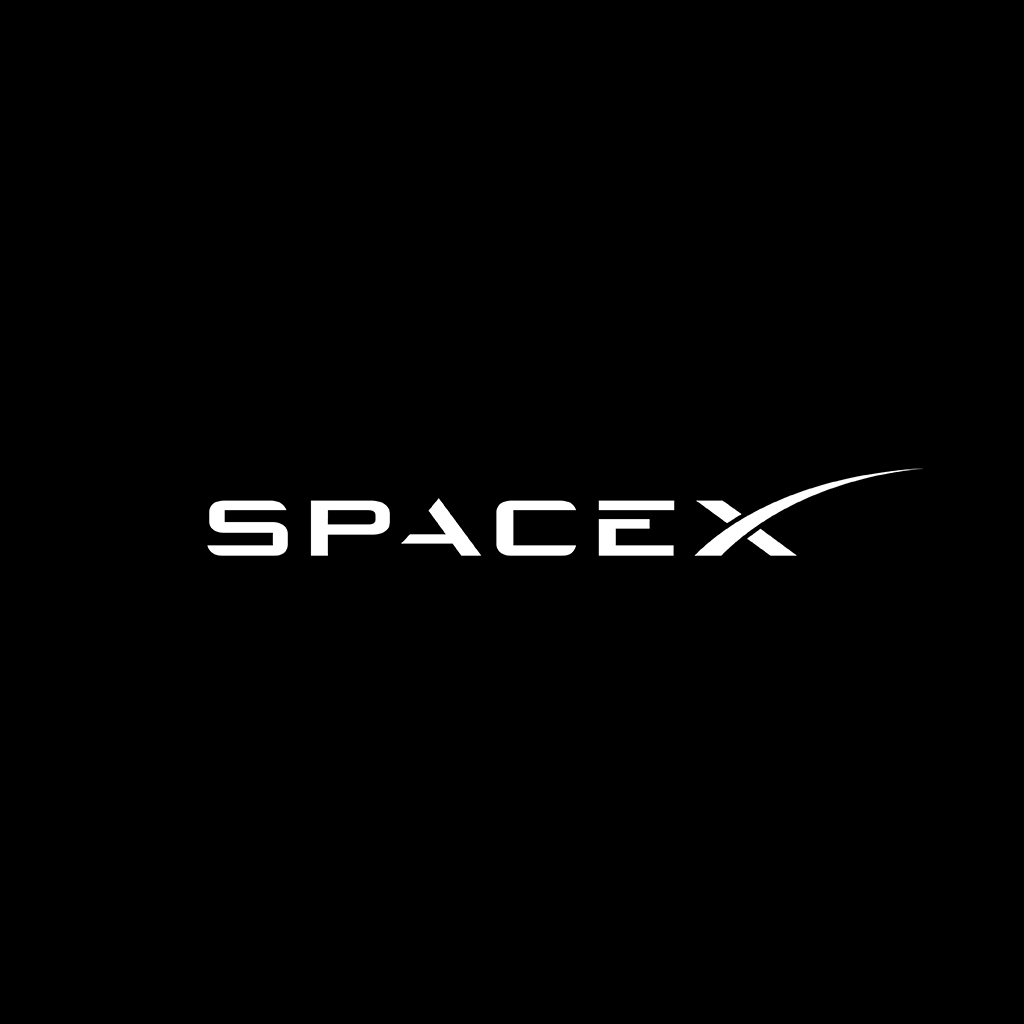That is an offshoot, but more importantly it makes the suggestion that complex multicellular life itself could be very rare. If you watched the video, it discusses how life on Earth almost went extinct in the far past because it was less effective at adapting to changes in the environment. It also discusses how simple life is thought to have independently arose multiple times in Earth's history. Mitochondria and the creation of eukaryotes is thought to have only happened once, though. Of course, over a long enough time you could potentially get a replicated result on another planet somewhere in the universe. Or perhaps mitochondria/ eukaryotes are not the only path to complex multicellular life. I do agree that the Fermi Paradox/Great Filter are flawed hypotheses because we just have a sample size of 1 currently, so it is hard to extrapolate a universal truth just from that.
Depends how fast. Sub light but approaching the speed of light creates time dilation, so people on the vessel moving that fast would experience the passage of time slower than the rest of the universe. Of course, in that instance you're also talking about insane power requirements and other advanced technology to protect your ship - hitting even a single spec of dust at that speed would be catastrophic without some type of protection/defense.
At lower speeds, protection/defense is still a concern, but time dilation isn't as pronounced. At that point, you're either looking at generation ships or some type of advanced stasis technology. Both have their issues. Even if you could get to 1/3rd the speed of light, you're looking at trips that would take hundreds of years to travel anywhere outside our most immediate vicinity.
If there is advanced life out there capable of interstellar travel and they exist right now and are relatively close (let's say within 15 light years), without FTL travel they're still looking at a very long journey. Plus one concern is that even if you find a planet capable of supporting life, it doesn't mean you can survive on it. Atmospheric gas composition aside, it could simply be that every form of life, from bacteria to plants to bugs, are so genetically incompatible and alien to you that your body basically is allergic to everything and/or incapable of dealing with those things in general. War of the Worlds may have been the earliest example of fiction to potentially highlight this issue.
A more recent example was the fictional docu-drama Mars: It followed a fictional colony/base on Mars. in the 2nd season, they find evidence of primitive life on Mars and even revive some which was dormant. However, the primitive micro-organism was evolved for basically feast/famine mode due to the extreme dry conditions on Mars, so water rich bodies of people caused it to go into feast mode and basically rapidly grow/reproduce in our water rich environment (us), causing a rapid fatal reaction in infected people. The Expanse books also touched on this in the later part of the series.



